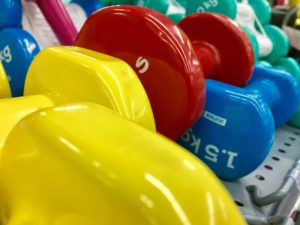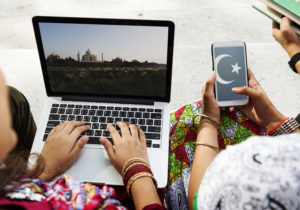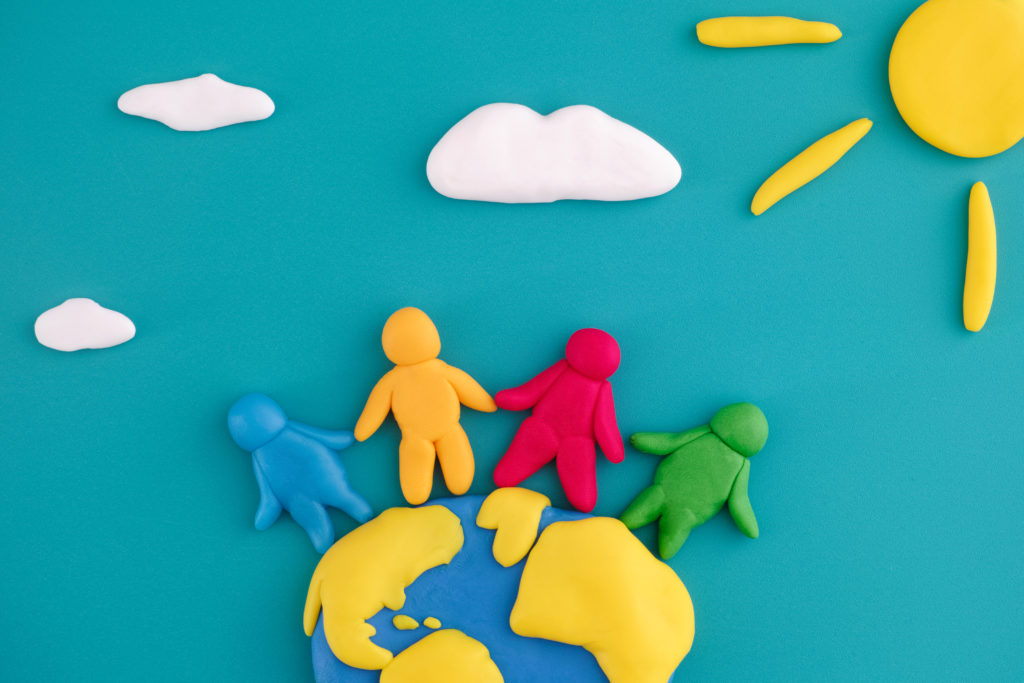I’m a big fan of incidental learning. It’s sort of like multi-tasking for educators. Way back when, my classroom had English, French, and Spanish labels taped to walls, cabinets, desks, and other objects throughout the room so my first graders could make connections to those languages during transitions or after completing assignments. By placing these labels around the room, my hope was they would learn these words incidentally during “down times,” or if (gasp) they weren’t paying attention to me.
This past summer when my gym closed indefinitely due to the pandemic, I experienced my own incidental learning but in a more global way. I found myself in Northern Ireland! No, I did not travel, but what I did do was hop on YouTube in hopes of finding the perfect workout to do at home. As you can imagine there were many choices, but one really stood out as the perfect one for me. It is taught by a woman in Northern Ireland and, much to my surprise, the workout itself was only a small piece of a greater learning experience that would reach across the globe and change my life.

I now understand the metric system. In elementary school it meant nothing to me. For homework we did pages upon pages of conversions that were meaningless wastes of time because I still had to use inches and feet to sew or buy jeans. I got through it by memorizing what I needed to know for the test and then I forgot everything, until now. Northern Ireland uses the metric system, so I learned pretty quickly how to convert Kilograms to pounds in order to follow each workout. And since a majority of everyone else in this online community uses the metric system, I had to convert recipes for Scottish stovies, butter tablet, and Korean Gyeran Mari, to name a few. The metric system means something to me now. And that’s the message kids around the world want us to know.
“We understand when we have a reason to learn.”

The world could use more global thinkers. Whether you already have connections or are just starting out, here are three, free resources to help launch or strengthen your global incidental learning adventure:
- MATH: EXPLODING DOTS: Global Math Project is a great way to engage students in the human stories behind the mathematics while learning about base ten with students from 150 other countries.
2. GET INSPIRED: Listen to these TED Talks by kids who are changing the world all before their 20th birthday.
3. A POTPOURRI: This Teachers’ Guide to Global Collaboration offers a database of global projects. From sharing Art with other kids around the world to collaborating on history and photography, there is something for everyone.
The global pandemic has created new ways for us to connect, and chances are you’ll get way more than you bargained for, just like I did. As my new friend from Èze, France likes to say, “Allons-y!” Let’s go!
Here are some of my new favorite recipes:
For breakfast, I had a hard-boiled egg and a banana.
Author: @robinberlinsky
